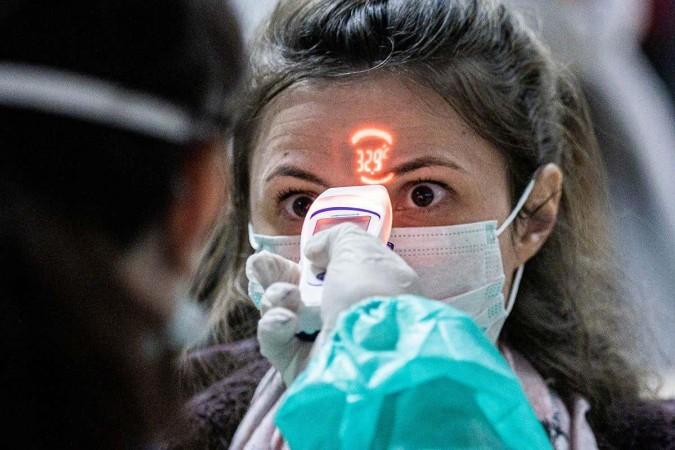The Ministry of Health and Family Welfare on Tuesday allowed the use of anti-malaria drug Hydroxychloroquine in a combination with antibiotic Azithromycin for the treatment of COVID-19.
The Ministry in its revised national "Clinical Management Guidelines for COVID-19" suggested that in absence of any proven effective treatment against the disease these drugs can be used as "off-label" medication for patients with severe disease and those who require ICU management.

"No specific antivirals have been proven to be effective as per currently available data. However, based on the available information (uncontrolled clinical trials), the following drugs may be considered as an off – label indication in patients with severe disease and requiring ICU management," the ministry said in the circular.
Administration under medical supervision
The government body cautioned that these drugs should be administered under close medical supervision, with monitoring for side effects.
The ministry strictly prohibited its use for children less than 12 years of age, pregnant and lactating women.
USFDA approves the drugs too
This comes after US food and Drug Administration authorised experimental testing us use of chloroquine and Hydroxychloroquine in treating patients suffering from COVID-19 on Sunday.
In the US, President Donald Trump has praised the efficacy of the anti-malarial drug in treating cases of coronavirus despite inclusive proof of its effect.

US Health Department on said the drug has been authorized because the "potential benefits of the product outweigh the risks". However, it acknowledged that "anecdotal reports suggest that these drugs may offer some benefit in the treatment of hospitalized COVID-19 patients," but cautioned that "clinical trials are needed to provide scientific evidence that these treatments are effective."
Ongoing testing and the result
Medical Journal International Journal of Antimicrobial Agents also published papers reporting on the efficacy of Chloroquine and hydroxychloroquine in patients with SARS-CoV-2-related pneumonia (named COVID-19). It mentions about 20 clinical studies conducted at Chinese Hospitals where over 100 patients were administered chloroquine under specialist supervision.
The result showed a reduction of exacerbation of pneumonia, duration of symptoms and delay of viral clearance, all in the absence of severe side effects.
Anti-malarial drugs & its side effects
Hydroxychloroquine has been used for decades in treating malaria, rheumatoid arthritis, and lupus-and now scientists hope that it can be used for treating coronavirus cases but believe more clinal trials need to be de done.
So far, studies have provided mixed evidence proving their effectiveness and risks. The drug has reported to be causing vision problems and cardiac arrest in some patients.
The number of confirmed novel coronavirus cases has reached over 1,700 and claimed 50 lives in India.

















